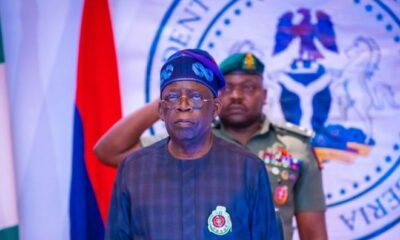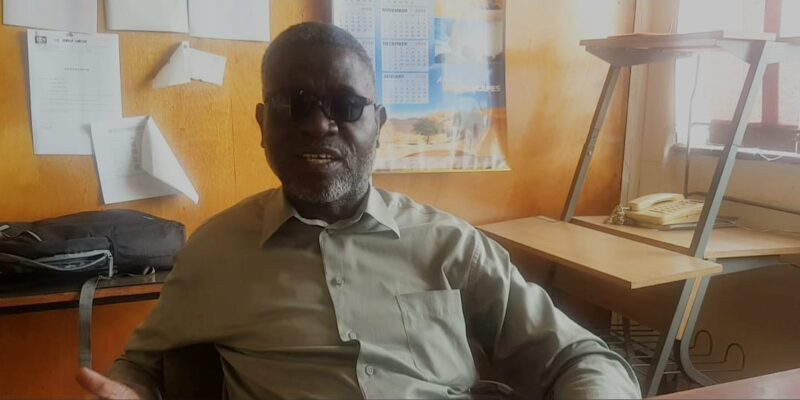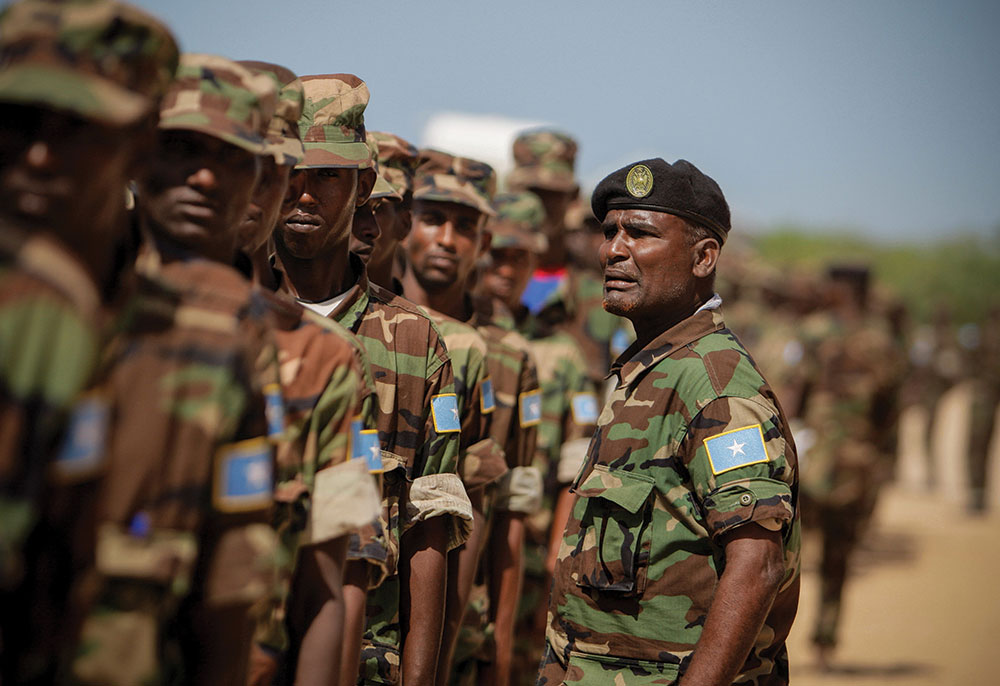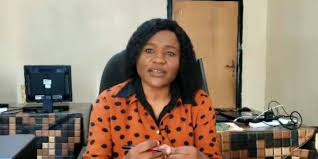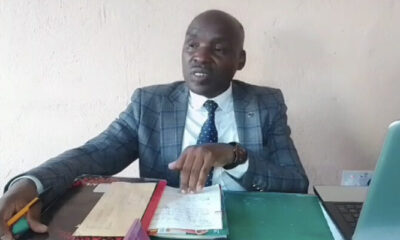In Nigeria, the Supreme Court has again adjourned a case filed by some state governments of the federation against the Federal Government challenging the implementation of the naira redesign.
The apex court on Wednesday adjourned the case to March 3 for judgment.
The court last week after a hearing on February 15, seven states joined the three initial states as co-plaintiffs, while Edo and Bayelsa states joined the Federal Government as co-defendants.
The apex court two weeks ago when nullified the High court’s ruling (a lower court) issued two days earlier which stopped the Federal government of Nigeria from extending the deadline for the use of the old ₦200, ₦500, and ₦1,000 notes.
The court, however, refused to join Abia State in the suit on the ground that it came late with its originating summons.
Thus, the plaintiffs in the suit are the Attorneys General (AGs) of Kaduna, Kogi, Zamfara, Ondo, Ekiti, Katsina, Ogun, Cross River, Sokoto, and Lagos states while the defendants are the Attorney General of the Federation, Abubakar Malami (SAN), as well as the AGs of Bayelsa and Edo states.
Counsel for the Federal Government, Kanu Agabi, argued that the Supreme Court held that all reliefs are rooted in section 20 of the CBN Act, therefore, the apex court has no jurisdiction to hear the suit as the action cannot commence with an Originating Summons.
The defendant queried why the CBN governor wasn’t added as a respondent in the case despite the reference He wondered why the plaintiffs did not bring the CBN governor to court as a respondent, after making reference to him 32 times in their Originating Summons.
The defendants further argued that the bank notes in contention, ₦1,000, ₦500, and ₦200 notes were already been rejected before the President’s directive, adding that the President is not in violation of the Supreme Court order as under the constitution, the President is empowered to veto any legislation.
Along with FG’s position, Counsel to Edo, Bayelsa, and Rivers States, also agree that the suit is dismissed for lack of jurisdiction.
Meanwhile, the plaintiff argued that President Muhammadu Buhari erred by sidelining members of the National Economic Council and only relied on the advice of the CBN governor in the implementation of the monetisation policy.
He added that the President decided to exercise his powers without consulting with the state governments as required by the law.
He further said that they have a security report that there will be a breach of law and order if nothing is done to address the issue of cash scarcity.
Nigeria’s presidential elections are three days away and it has been said in some quarters that the redesigning of the country’s currency and the limited supply of the new notes is a deliberate plot by the outgoing president Buhari, who has vowed to deliver a free and fair election to frustrate “vote buying” which has been characteristic of recent elections in Nigeria.
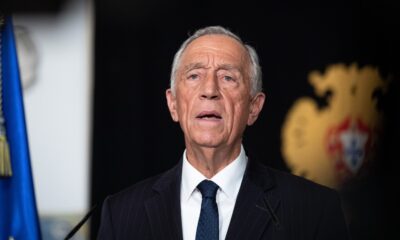
 Musings From Abroad1 day ago
Musings From Abroad1 day ago
 Culture2 days ago
Culture2 days ago
 Tech21 hours ago
Tech21 hours ago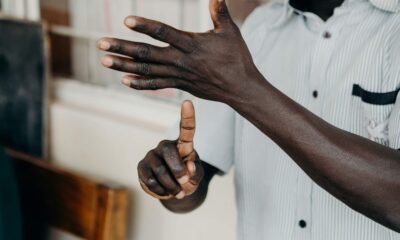
 Metro2 days ago
Metro2 days ago








